Nutrition, drinks and healthy teeth
Don’t eat or drink more than 7 times per day
Many foods can affect the teeth enamel. Generally this is not a big problem. Your teeth will recover after a while. In addition, saliva plays very important role. Saliva neutralizes acid and thus has a protective effect. If you eat too often during a day, your teeth will not get a chance to recover. That is why it is detrimental to your teeth if you are eating all day or drinking some beverages.

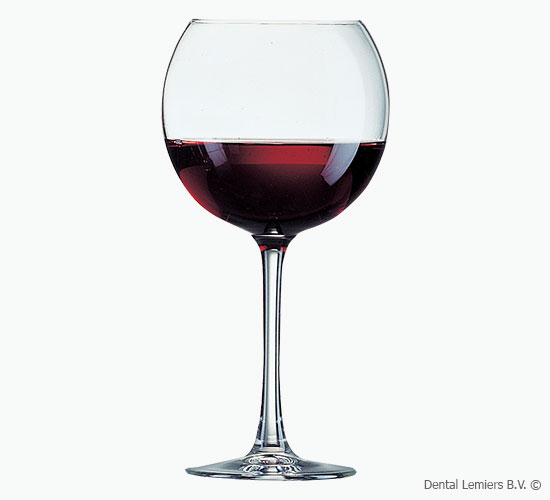
How food and drinks affect the teeth?
Almost all our food and drinks contain sugar and starch. They can cause the holes in your teeth. Sugar is added to many foods, such as candy, cakes. But there is a natural sugar in products, for example in fruits. Starch is in potatoes, pasta, bread, crackers and legumes. If you often use foods containing sugar and starch, you are at greater risk of gaps in your teeth.
How drinks affect the teeth?
In fruit juice, yogurt and wine there is not only sugar but also some acids which cause holes. Acids affect your enamel. As a result, your teeth wear off. This form of wear is called tanderosis. Tandoring is a difficult process that is not easy to restore. The more often you use such products and the longer you hold products in your mouth, the greater your chance of tanturia. Also it is important the way you eat and drink. When tantry is not controlled, acids can dissolve the enamel and then even the exposed dental bone. Water, coffee and tea without sugar are not harmful to your teeth.
How often can I eat and drink without getting holes?
The chance to get holes is small when you eat or drink three or maximum four times per day. Then your teeth will have enough chances to be healthy.
Do light products better for my teeth?
Such products as saccharine for coffee or light drinks don’t to cause harmful effect on the teeth. Light drinks contain as much acid as regular soft drinks. The risk of wear of your teeth due to acidosis (tanderosis) is low.
How can I reduce the chance of wear my teeth?
Don’t eat or drink products that contain acids. The acid actually affects the enamel. The brush and the toothpaste are abrasive. If you brush your teeth immediately after eating or drinking products with acid, you can easily rinse the enamel. Then your teeth will wear out faster. Give your teeth the time to restore.
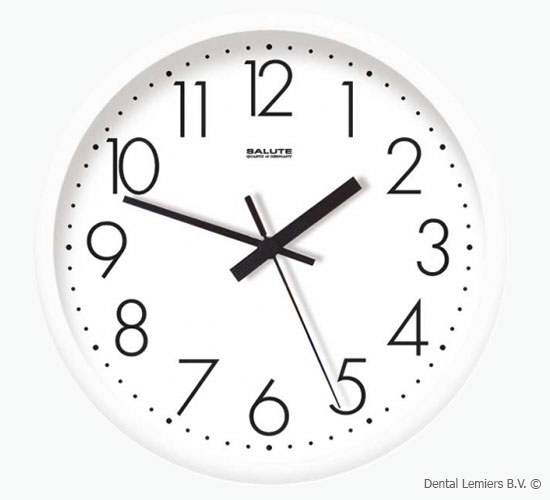

Do snacks affect my teeth?
The number of snacks impacts the health of your teeth. Of course, you know that a piece of fruit is better than products with sugar. Foods which are good for chewing, such as sandwiches, raw vegetables and fruit stimulate saliva. Don’t forget that too much sugar drinks can cause holes and teeth abrasion.
Eat apples than sweets
An apple or other (fresh) fruit is a right snack, even if sugar is in it. Fruit is not so harmful and usually can be eaten at once. In addition, fruit is very useful.
What is the effect of chewing gum?
If you use chewing gum, it activates the production of protective saliva. In many types of chewing gum there are sugar substitutes. Look at the packaging and choose a sugar-free variant. Xylitol is a natural sweeter. Xylifresh with 100% xylitol helps to prevent plaque and is recommended by the Ivory Cross.
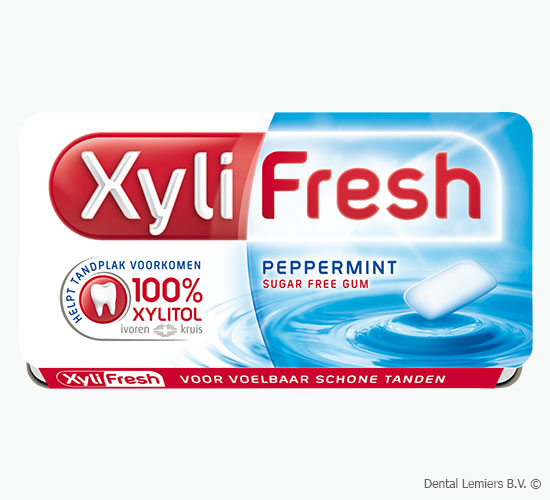
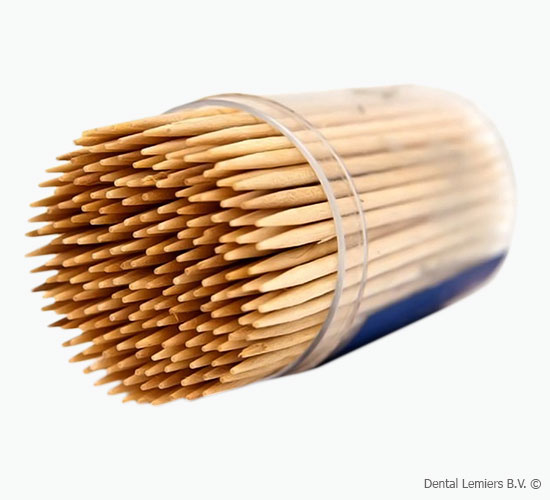
What can I do to keep my teeth healthy?
With good oral hygiene, you keep your teeth and gums healthy. So brush your teeth twice per day with fluoride toothpaste. Use the toothbrush to clean the spaces between teeth. Therefore use the floss, toothpicks and the advice of your dentist.
Several tips how to keep healthy teeth
- Choose three main meals per day, so you don’t have to worry about snacks.
- Eat sour fruit at least once or twice per day.
- Drink soft drinks and other sour drinks.
- Brush your teeth twice per day with fluoride toothpaste.
- Use floss or toothpicks daily to clean the teeth and space between your teeth.
Do you have any questions? Visit your dentist or dental hygienist.
It is important to have good oral hygiene
With a good oral hygiene, you keep teeth and gums healthy. Tooth cleaning is the basis for this.
Plaque removal
To keep your mouth healthy you need to remove plaque. This is a white-yellow layer, which is hardly visible and can occur between your teeth and on the transition to the gums. Plaque consists of bacteria and products of bacteria. Almost all our food and drinks contain sugar and starch. Sugar is added to many foods, but there is also sugar in products (for example fruit). The bacteria in the mouth convert sugar and starch into acids. Those acids cause holes in your teeth. Dental plaque also causes gums inflammation in case if you do not remove the plaque properly. The inflammation can expand and affect the jawbone and you can start to loose your teeth.
Plaque cleaner
Plaque is often of pale yellow color and is not visible. The bleach of dental plaque is a red tablet form that can indicate the dental plaque. After the toothpaste, chew the tablet and spread the dye with the tongue over the teeth. Then drink a little water to rinse the excess of red dye from the tablet. Red spots on the teeth indicate a plaque. After some time, the dye will disappears by itself.

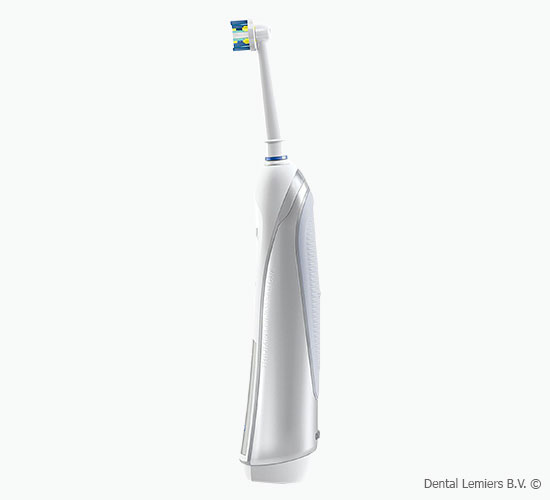
Toothbrush
Choose a soft brush with a small brush head. Change the toothbrush every three months or even earlier.
With an electric toothbrush, you can easily remove the plague. The electric toothbrush allows you to focus more on the placement of the brush head in your mouth.
Use fluoride toothpaste
Use fluoride toothpaste on a dry brush. This method creates less foam and gives you more visibility while brushing.
What is the right method of tooth cleaning?
There are different cleaning methods. As usual it is advised to make short horizontal movements. Pay attention to the transition from the gum to the tooth. Place the brush on this place at 45 degree angle on the gum. Holding the brush at the end of the handle between your thumb and the tip of your fingers exerts enough pressure.
Instruction how to clean teeth
Always keep the right order while cleaning you teeth. When you clean teeth on the lower jaw, first clean your teeth inside, then outside and on the top. The upper jaw should be cleaned in the same order. Clean your teeth twice per day no less than 2 minutes. Do it mainly after breakfast and before bedtime.
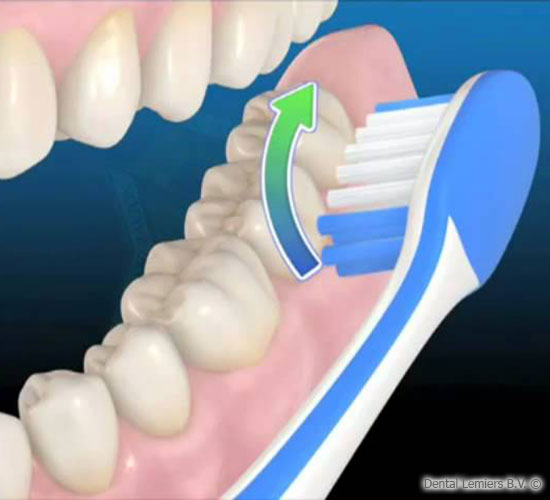
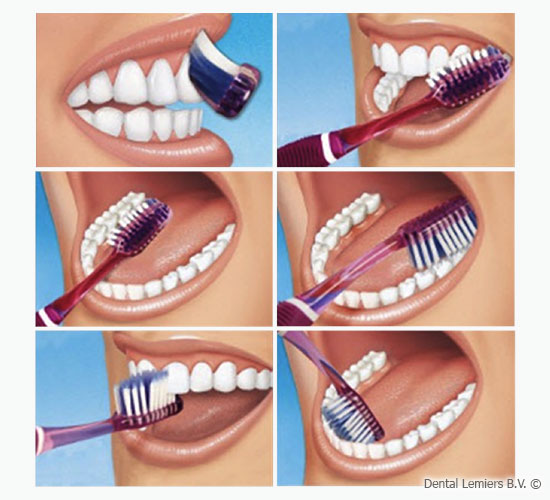
Tips for cleaning teeth
- When you clean the lower teeth, put the lower lip away with the help of your thumb and first finger
- If necessary, brush your teeth inside of the lower jaw and under the tongue.
- Start with posterior teeth. Then move to the rest of your teeth.
- It does not matter if you first clean the lower or the upper jaw, but always keep the same order.
- Whether you are using a simple toothbrush or an electric brush, also clean the space between your teeth with floss or toothpicks. Choose the tools in consultation with your dentist or dental hygienist.
Caution: Excessive or improper use of oral hygiene tools may cause teeth or gums damage.
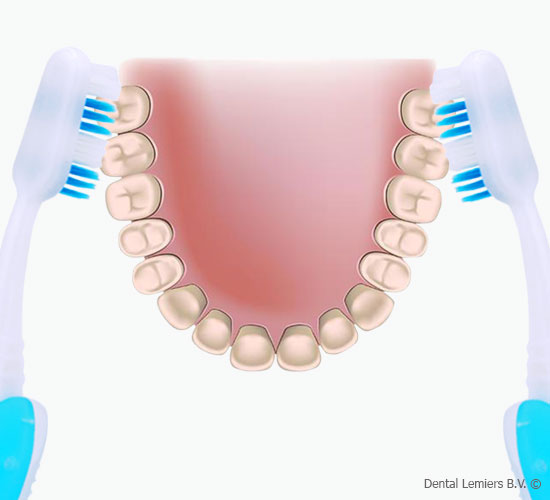
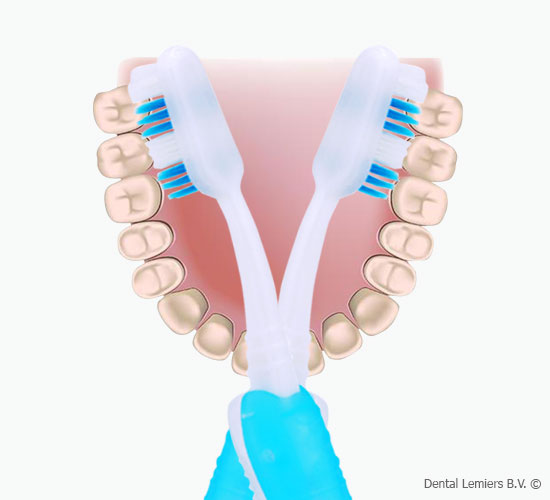
Inflamed gums
Prevent gums inflamation by proper oral hygiene
With a good oral hygiene you can keep your teeth and gums healthy. This prevents the gums inflammation (gingivitis and periodontitis) and promotes their cure. But how do you know if your gums are healthy? Can you recognize inflamed gums?
Healthy gums
Healthy gums are pink, tightly tied and don’t bleed when you eat or brush your teeth. Healthy gums are the basis of healthy teeth. Together with the jawbone and the fibers, the gums are the foundation of your teeth. Those who take care for their gums can have healthy teeth for many years.

Inflamed gums (gingivitis)
Bleeding, red or swollen gums usually indicate the inflammation. Your gums can be inflamed everywhere. The inflammation can also be local, for example between 2 teeth. Sometimes inflamed gums can go along with a bad taste in the mouth or with a bad breath. It is not painful, but the gums may be sensitive when you touch them. Sometimes your gums are inflamed, but there is nothing to see. Fortunately, your dental hygienist or dentist can detect the inflammation. Treatment of inflamed gums in time can keep your teeth.
– What is the cause of inflamed gums?

Plaque on the transition to your gums or your tooth cause inflammatory gums. If you don’t remove it properly, the bacteria can cause the gums inflammation. Also dental plaque can become hard and calcareous to tartar. This makes the gums more inflamed. Generally plaque is difficult to see. Plaque disclosing tablet is a handy tool which allows to see this problem.
Severe gingival inflammation (periodontitis)
The gums inflammation may extend to the jawbone. Because of this, the gums extend away the teeth. The space between the tooth and the gum becomes deeper. The inflammation of the gum edge may extend to the jawbone. As a result, the gums leave it even further. Due to this the fibers are decomposed and the jawbone is broken. This progressive inflammation with fiber decomposition and jawbone is called periodontitis. Often periodontitis can be unnoticed for a long time without proper control.

Often, periodontitis is noticed until the teeth are destroyed or when the space between teeth is increased. Because the gums are far removed, roots are exposed.
Exposed roots have no protective glaze. This causes easy holes. Also, teeth and roots are sensitive. For example, if you brush your teeth or when you eat hot or cold, sweet or just sour products. Because of the inflammation teeth fall out.
– How to know if the inflammation is serious?

Visually, all the inflamed gums look the same. To determine the severity of an inflammation, the dentist or dental hygienist must measure the spaces between the teeth and the gums (pockets). He does it with a so-called pocketsonde at all teeth. With the measurement, he determines the severity of the inflammation. If the gums are healthy, the pocket is at most of 3 mm and does not bleed. Inflamed gums give pockets to 5 mm. More advanced inflammation has deeper pockets, often of 6 mm or even more.
What should I do to keep gums healthy?
Inflamed gums can be healed only if you remove all plaque every day.
My gums are inflamed, how can I remove all plaque?
With a good oral hygiene you can remove all dental plaque. Brush your teeth more than 2 times per day at least 2 minutes with fluoride toothpaste. Also clean the spaces between your teeth daily and use toothpicks or floss. A good daily oral hygiene is the basis of healthy gums and a healthy mouth.

– How the dentist can help with inflamed gums?

Your dentist or dental hygienist can advise you and give instructions how to keep your oral hygiene clean. With a good oral hygiene, you can remove plaque and choose places where you can use the toothbrush, toothpicks or floss. Toothpaste can’t clean for 100%. That’s why you can use special tools for your oral care. They are called dental cleansing. The inflammation may disappear and gums can heal again. Those who removes plaque can prevent new inflammation.
Can I remove plaque with the help of a mouthwash?
With some mouthwashes you can easy remove plaque. Nevertheless they can’t replace the use of a toothbrush with the combination of toothpicks or floss. Mouth washing agents may give a fresh mouth odor and a pleasant taste.

Is smoking harmful to my gums?

Smoking, in addition to health risks, also adversely affects your gums. The gums of smokers look paler and quickly bleed. If you smoke, the gums recover worse from the inflammation. Smoker’s jawbone breaks 2 times faster than normal.
Frequently Asked Questions
Im pregnant. Do I have more chance of inflamed gums?
During pregnancy, you are more likely to get gum problems. Due to the altered activity of your hormones, the gums react more heavily to the plaque. An extra attention to oral hygiene during pregnancy is very important. If you carefully remove all plaque, your pregnancy does not add any additional risks to getting gum infection.
Does the stress affect the gums?
Everyone has always trouble. Longer persistent mental stress can suppress the gums. Those who have a lot of stress have a great chance to get periodontitis. The results of periodontitis can be more serious.
Does the diabetes affect the dental health?
Those who have diabetes are more susceptible to inflammation and infections. So, the gums can be inflamed faster. This happens especially when the diabetes is not properly diagnosed. People with diabetes have an increased chance of developing periodontitis.
